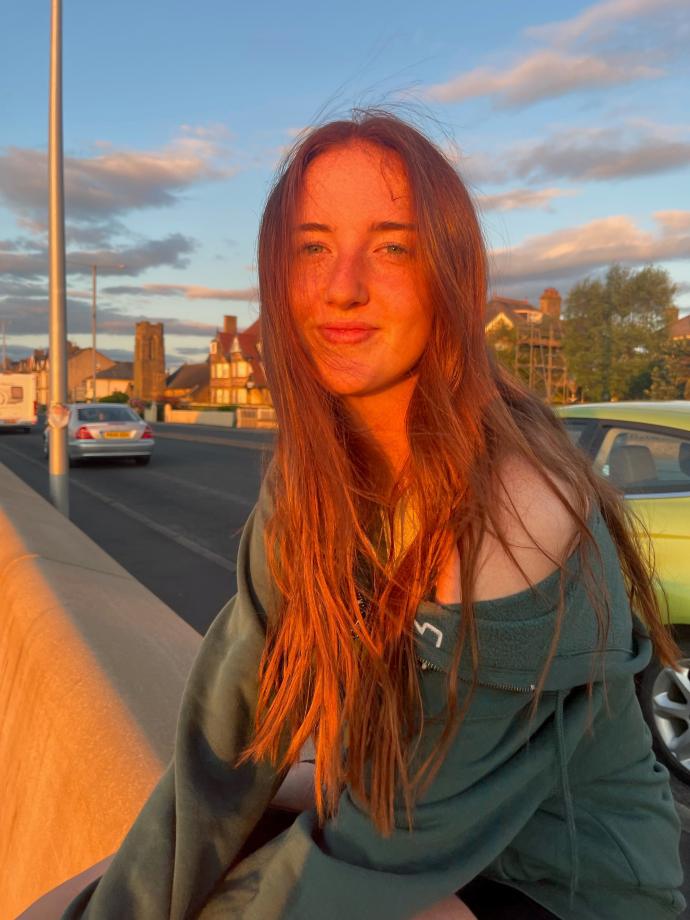“On 14th May 2023, I received my diagnosis of endometriosis following a diagnostic laparoscopy. Although this isn’t necessarily the best news, I’m overwhelmed with relief.
My periods have always been a struggle. I remember the pain starting when I was around 19. I would be rolling around in agony for days before I would start bleeding. I would be tired and anxious the week before and during my cycle. My university work suffered, and I felt like the world’s worst employee because I was so spaced out, tired, or would have to call in sick during my cycle. In my experience, there could often be a discrepancy in what I shared with some bosses and what they actually understood, which made me feel ashamed.
After countless GP appointments and speaking with different practitioners, I was told repeatedly that my pain was most likely normal and is just “the sad reality of being a woman”. As a member of the LGBTQ+ community, I’ve been in long-term relationships with women and this felt difficult to approach at most of my initial appointments. It seemed to be less understood and when some of the GPs I spoke with asked about painful sex and contraceptives, as soon as I would say that I’m in a relationship with a woman the questions would stop. I don’t know if this made them feel awkward, but to me it felt like because I don’t have sex with men, then it was assumed that painful sex wouldn’t be one of my symptoms.
From my experience with seeking diagnostic treatment for Endometriosis, it seemed as if there was less willingness to listen. A lot of the GPs I saw would just assume I was straight which just creates a level of awkwardness. As a gay person you do accept that ‘coming out’ isn’t a linear process and the first time you do it will never be your last. However, I do hope that with time, this becomes less of an issue because I know for some people, this can be really difficult and might prevent them from seeking help for their Endometriosis. This is why Pride is so important and continues to be key in breaking down barriers that still exist for queer people. Although so much progress has been made towards equality, each year Pride acts as a reminder that there are still people in this world that do not feel that they can live authentically as who they are.
I moved near Liverpool when I got the opportunity to do a job I’d always dreamed of, working for an MP and registered with a new GP. This was a blessing in disguise. My new GP was the first I had seen that really listened to me and gave me a referral to Hospital immediately. It’s taken two years to get to the top of their list due to COVID and wait list pressures which I completely understand. I got my letter a few months ago inviting me to see the consultant and just yesterday (at the time of writing) had my diagnostic laparoscopy and subsequent diagnosis.
Today, I feel sore and little out of it, but mostly I feel relieved and so thankful to all the practitioners that believed me and helped me finally get answers. I would urge anyone that is suffering to always keep pushing for answers and don’t accept that this is your fate.”. I’ve followed Endometriosis UK from afar throughout this process and their online presence has been a source of knowledge and comfort. For this I’m very thankful and certainly want to find ways to get more involved.”
It is unacceptable that, like Lydia, so many feel that their experience is undermined due to their sexuality. This Pride Month and always, Endometriosis UK campaign for vital change for those facing additional barriers on their endometriosis journey. You can read more about our work to support those from LGBTQIA+ communities here.
Do you have a story to tell? We’d love to help raise your voice. Share your story here.


